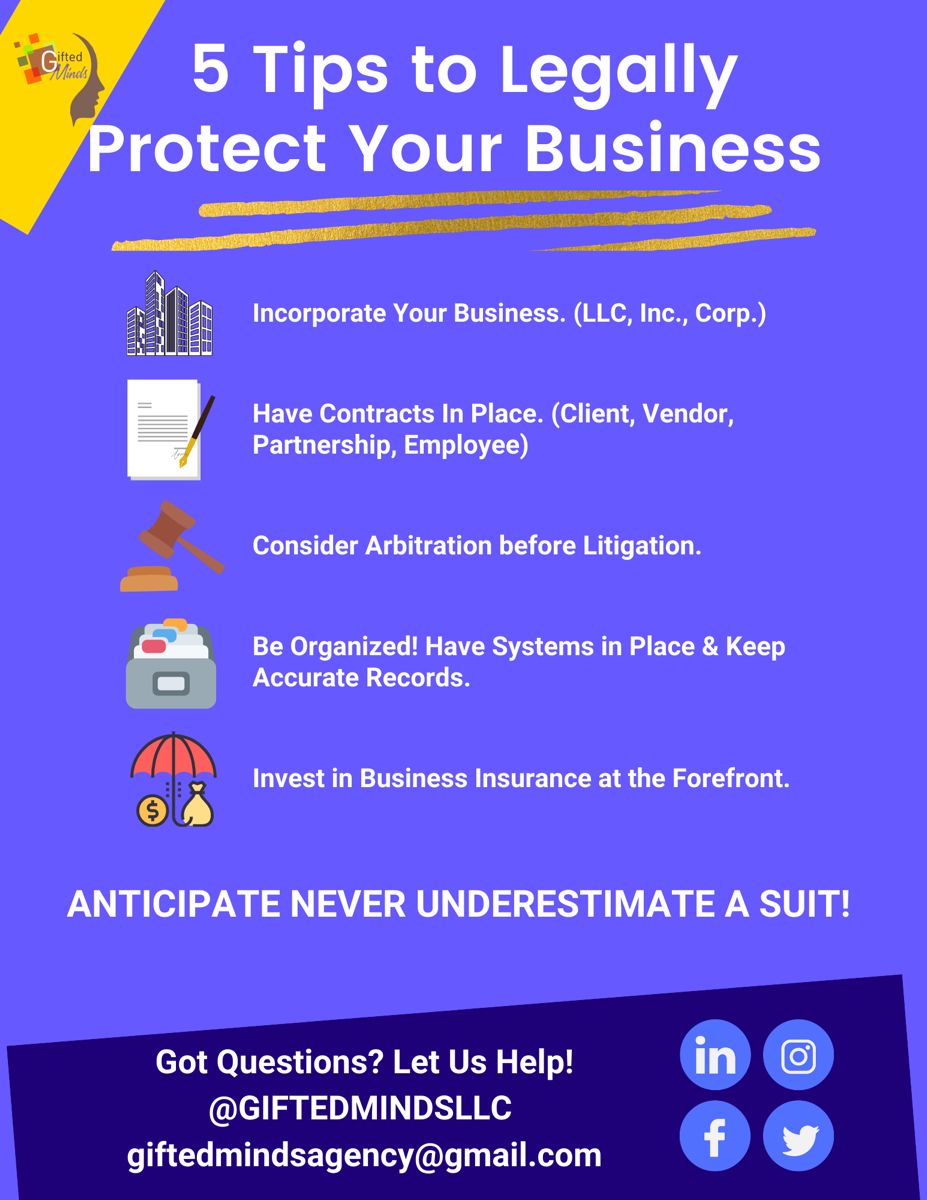
How to Protect Your Business Idea
How do I protect my business idea? How can I find investors without giving it away? How can I get people to join me without telling them all about it? What if they steal my idea?
The truth about protecting your business ideas:
You don’t own your idea.
An idea is like a summer breeze—you can enjoy it, maybe use it to power your windmill or sailboat, but you can’t own it. And you can’t steal it. An idea is like a good joke—using somebody else’s joke is not stealing it.
Yes, there are exceptions. You can patent an invention, copyright creative work, and trademark a commercial phrase, image, sound, or video. I’m not discussing those exceptions here.
Important note: Sharing an idea is giving it away.
You can’t sell an idea. First, you don’t own it. Second, you can’t find anyone who will buy it.
If you don’t believe me, do a web search. You’ll find thousands of people claiming to have great ideas they want to sell, but you won’t find any examples of companies actually buying ideas. Companies buy companies, products, websites, software, startups with traction, and occasionally startups with just an idea and a team—but not ideas.
So, what should you do with your idea? Build a business with it. Add value. Gather a team, get going. Get customer commitments, early sales, and traction.
Daunting indeed…so what? Do nothing? Give up?
If you think you can sell your idea, this post isn’t for you. You are wasting your time. Businesses and people that cater to that pipe dream are almost all scams. The exceptions are a few legitimate businesses that help inventors apply for and market patents—and this article isn’t about patents.
If you’re ready to work and execute on your idea, keep reading. I want to help you protect it as much as possible while you build on it.
Don’t let the cat out of the bag.
The first thing you do with your big idea is shut up. Adopt a “need to know” policy for sharing. Remember, people who hear your idea and execute before you did not steal your idea; they executed on it.
They deserve to win. And if you did nothing but talk, you deserve to lose.
Figure out who needs to know, and tell them, but carefully and appropriately. If you can execute on your idea alone, do so. If you need a team to build it, gather your team carefully. Talk to people one at a time. Start with people you trust. Feel them out for their interest before sharing the whole idea.
Who can you trust?
Don’t be paranoid. Legitimate investors won’t steal your idea; they need teams to execute, not naked ideas. Moral and ethical commitments get broken, but so do legal and written commitments, especially around ideas and non-disclosure. Use common sense with investors and investor groups. Discuss potential conflicts of interest when pitching to a large group.
Should you make it legal?
Some experts will insist on having people sign confidentiality and non-disclosure documents, but be cautious. Legitimate investors won’t sign these documents before a pitch. Work with an experienced small business or entrepreneurship attorney who understands the situation.
Bottom line: Don’t talk about it. Do it.
In my decades of doing business, I’ve seen countless startups fail due to excess secrecy, but not one failed because its idea was stolen. Don’t worry about who’s going to steal your idea. Get going and build a business. Be smart about protecting your idea, but understand that if you don’t risk sharing, your chances go way down.
Have you had a business idea that you were worried about protecting? How did you handle it?
Hello!
I’m Andrew Brooks, a seasoned finance consultant from the USA and the mind behind phonenumber247.com.
My career is built on a foundation of helping individuals and businesses thrive financially in an ever-changing economic landscape. At phonenumber247.com, my aim is to demystify the complex world of finance, providing clear, actionable advice that can help you navigate your financial journey with confidence. Whether it’s personal finance management, investment strategies, or understanding the nuances of market dynamics, I’m here to share insights and tools that can propel you towards your financial goals.
Welcome to my digital space, where every piece of advice is a step closer to financial clarity and success!
